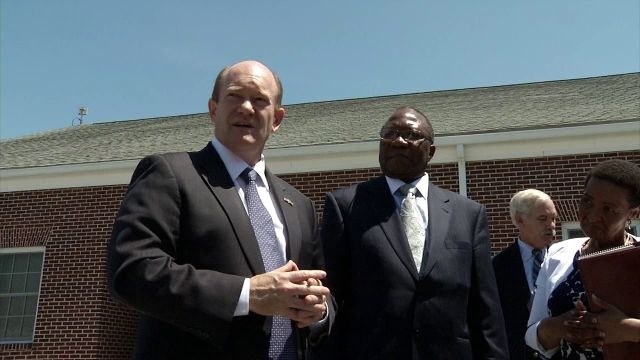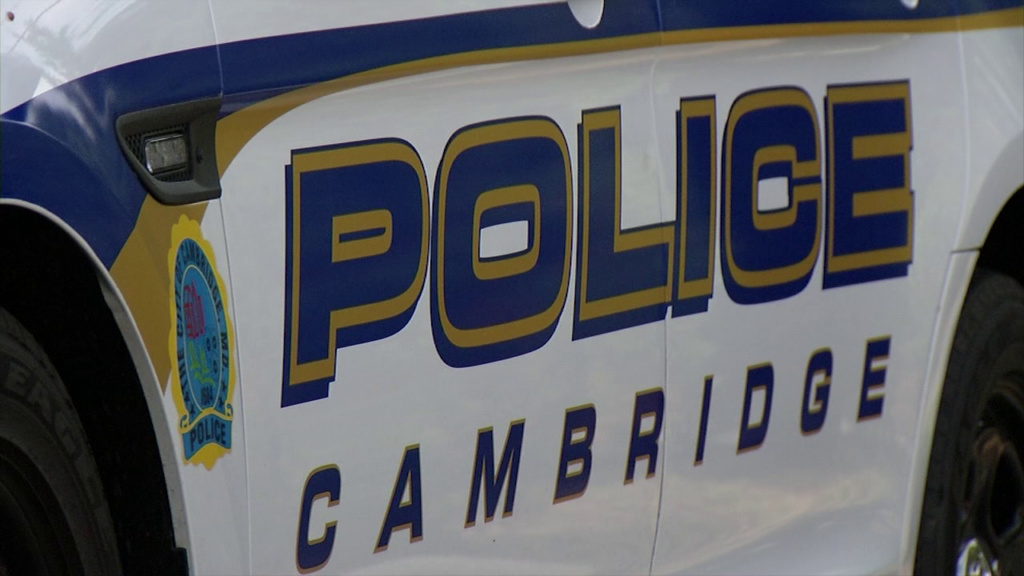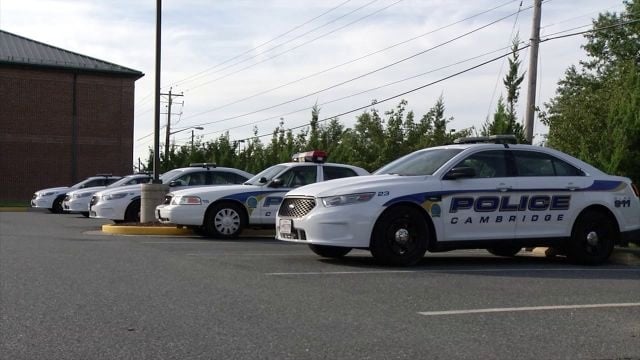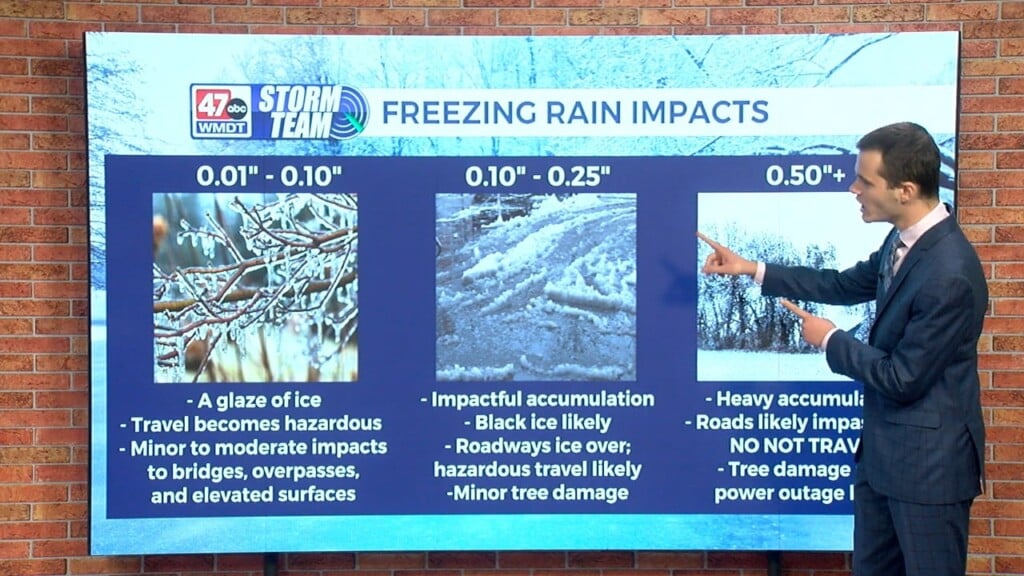Ambassador Mahlangu visits Del. poultry diagnostic lab

For the first time since the U.S. reached a deal on poultry trade with South Africa, Ambassador Mninwa Mahlang visited Delaware on Friday for a private tour of the state’s processing plants and research labs.
47ABC caught up with Ambassador Mahlangu along with Senator Chris Coons as they walked through the University of Delaware’s Lasher Lab in Georgetown.
Last June, an agreement was reached between the U.S. and South Africa after years of negotiation. The deal lifted tariffs placed on American poultry, giving more opportunities for American farms.
According to the National Chicken Council, the poultry industry supports more than 14,000 jobs in Delaware alone.
Ambassador Mahlangu tells 47ABC, he feels this trip was long overdue.
“I wanted to come here as early as last year when we were still negotiating to come and see this facility but also see what can we do for the people here and the people in South Africa particular to grow them…to be also professional trader in terms of poultry,” he explains.
According to Senator Coons, 300 metric tons of poultry have been shipped to South Africa so far in 2016.
“Our ultimate goal is to ship about 65,000 metric tons of U.S. produced poultry into South Africa per year going forward,” Senator Coons says.
An important of this trip was for South African officials to see what the U.S. is doing in terms of monitoring and preventing flock disease.
According to Senator Coons, avian influenza is a genuine threat to poultry worldwide. Despite the 2015 outbreak primarily affecting the midwest, he says bird flu still a significant concern to the Delmarva Peninsula.
USDA Acting Deputy Secretary Michael Scuse tells 47ABC, the University of Delaware’s Lasher Lab is meant to curb that concern. Before any flock is sent to a processing facility, he says they are tested at labs like it.
“If there is any sort of disease, this lab will help identify that disease and help us deal with it,” explains Scuse. “When you look at agriculture here in Delaware, 70 percent of our income, our agricultural income, comes from the poultry industry so this lab is extremely important.”
Ambassador Mahlangu says it’s not just avian influenza that’s a concern, and he’s relieved to see that labs in Delaware appear to prepared for other possible threats.
“I think the laboratories set by the university is a wonderful laboratory to test diseases such as salmonella, influenza and many other diseases and so on,” says Ambassador Mahlangu.
Secretary Scuse says when it comes to protection from outside diseases, bio-security measures local farmers use when they are raising the poultry is also extremely important.
For tips, click here.


